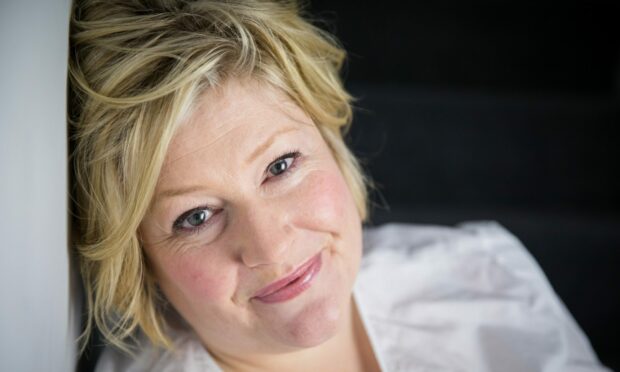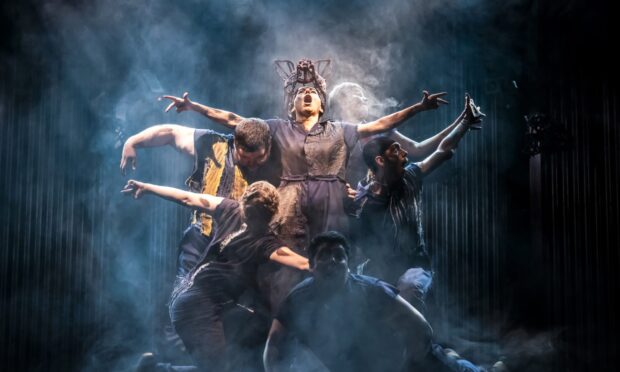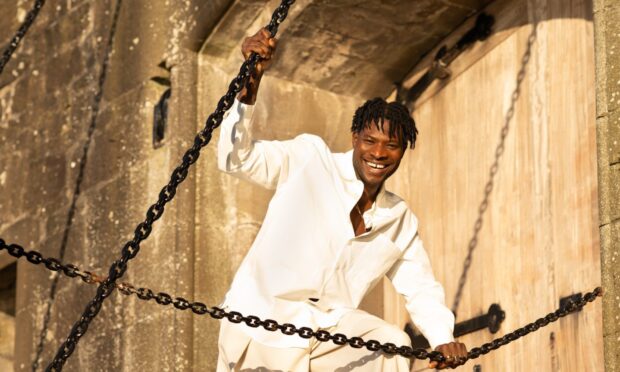Garry Fraser reviews the RSNO at the Caird Hall.
I don’t like starting reviews with a play on words, but I couldn’t resist it. So – and with apologies to Star Wars fans – here it is. The fourth was with me on Thursday night. So were two threes, but the fourth will remain with me for a long, long time.
This was Tchaikovsky’s fourth symphony, a work I haven’t heard live for years, but in the hands of the RSNO on Thursday in the Caird Hall was memorable in many ways. And one of these ways was conductor Patrick Hahn, a young and dynamic Austrian making his debut with the orchestra.
The orchestra doesn’t need much encouragement to create a magnificent performance, but somehow he egged them on that bit further, especially in the final movement that raised the RSNO bar to further giddy heights. But it wasn’t all full-force bravado dictated by Hahn. The slow movement was quite idyllic and the constant variable of volume in the pizzicato third – surely a unique piece of composition – summed up his ability to manoeuvre, with ease, a wonderful roller coaster of sound and texture.
This was symphonic splendour, the archetypal instance of conductor and orchestra pulling out all the stops to create the essence of perfect interpretation. In all honesty there were enough plusses in this performance to fill a number of orchestral performances.
That was the fourth, but earlier in the concert, “three” played a pivotal role. This being three movements for Khachaturian’s ballet music to Spartacus and three songs for mezzo-soprano by Sir James MacMillan, with words from poet William Soutar.
I’m glad the programme included more than one movement of the ballet suite. The Adagio – made famous on the 70s as the theme music to The Onedin Line – is often a stand-alone piece but the inclusion of the Scene and Dance with Crotalums and the Variation of Aegina and Bacchanalia showed the composer wasn’t lacking in full orchestral splendour. The sound in the former was glorious, with the boisterous latter full of vim and vigour.
MacMillan’s Three Scottish Songs span four years of composition and were originally written for voice and piano, with the orchestral arrangement only written earlier this year. It doesn’t matter what the context of the accompaniment is, as it is the voice that matters and, with that of Karen Cargill you know you are on to a winner right away. The songs are poignant and hauntingly sombre, and her rich round tone sang out loud and clear above a fairly muted RSNO. I must admit my attention wasn’t on the orchestra, riveted as I was on Cargill’s delivery. This was one of velvety magic, expressive and heart-felt, clear as a bell and fitting the hall’s acoustic to a “t”.
Ms Cargill is one of my favourite mezzos, and her performances never fail to appeal. In this 15 or so minutes of vocal perfection, she showed why she is sought after in concert halls across the world.
When you get a concert with three class acts – conductor, orchestra and soloist – the end result is one of pure satisfaction, an evening that remains in your memory for all the right reasons.











